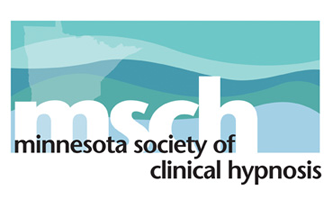Hypnosis is a procedure during which a health professional suggests changes in sensations, perceptions, thoughts, or behavior. The hypnotic context is generally established by an induction procedure. Although there are many different hypnotic inductions, most include suggestions for relaxation, calmness, and well-being. Instructions to imagine or think about pleasant experiences are also commonly included in hypnotic inductions. People respond to hypnosis in different ways. Some describe their experience as an altered state of consciousness. Others describe hypnosis as a normal state of focused attention in which they feel very calm and relaxed. Regardless of how and to what degree they respond, most people describe the experience as very pleasant.
Some people are very responsive to hypnotic suggestions and others are less responsive. A person’s ability to experience hypnotic suggestions can be inhibited by fears and concerns arising from some common misconceptions. Contrary to some depictions of hypnosis in books, movies, or on television, people who have been hypnotized do not lose control over their behavior. They typically remain aware of who they are and where they are, and unless amnesia has been specifically suggested, they usually remember what transpired during hypnosis.
Hypnosis makes it easier for people to experience suggestions, but it does not force them to have these experiences. Hypnosis is not a type of therapy, like psychoanalysis or behavior therapy. Instead, it is a procedure that can be used to facilitate therapy. Because it is not a treatment in and of itself, training in hypnosis is not sufficient for the conduct of therapy. Only properly trained and credentialed health care professionals who have also been trained in the clinical use of hypnosis and are working within the areas of their professional expertise should use clinical hypnosis.
Hypnosis has been used in the treatment of pain depression, anxiety, stress, habit disorders, and many other psychological and medical problems. However, it may not be useful for all psychological problems or for all patients or clients. The decision to use hypnosis as an adjunct to treatment can only be made in consultation with a qualified health care provider who has been trained in the use and limitations of clinical hypnosis. In addition to its use in clinical settings, hypnosis is used in research with the goal of learning more about the nature of hypnosis itself, as well as its impact on sensation, perception, learning, memory, and physiology. Researchers also study the value of hypnosis in the treatment of physical and psychological problems.
(This definition and description of hypnosis was prepared by the Executive Committee of the American Psychological Association. Division of Psychological Hypnosis. Permission to reproduce this document is freely granted.)
We also recommend the information on clinical hypnosis from the American Society for Clinical Hypnosis, ASCH.
